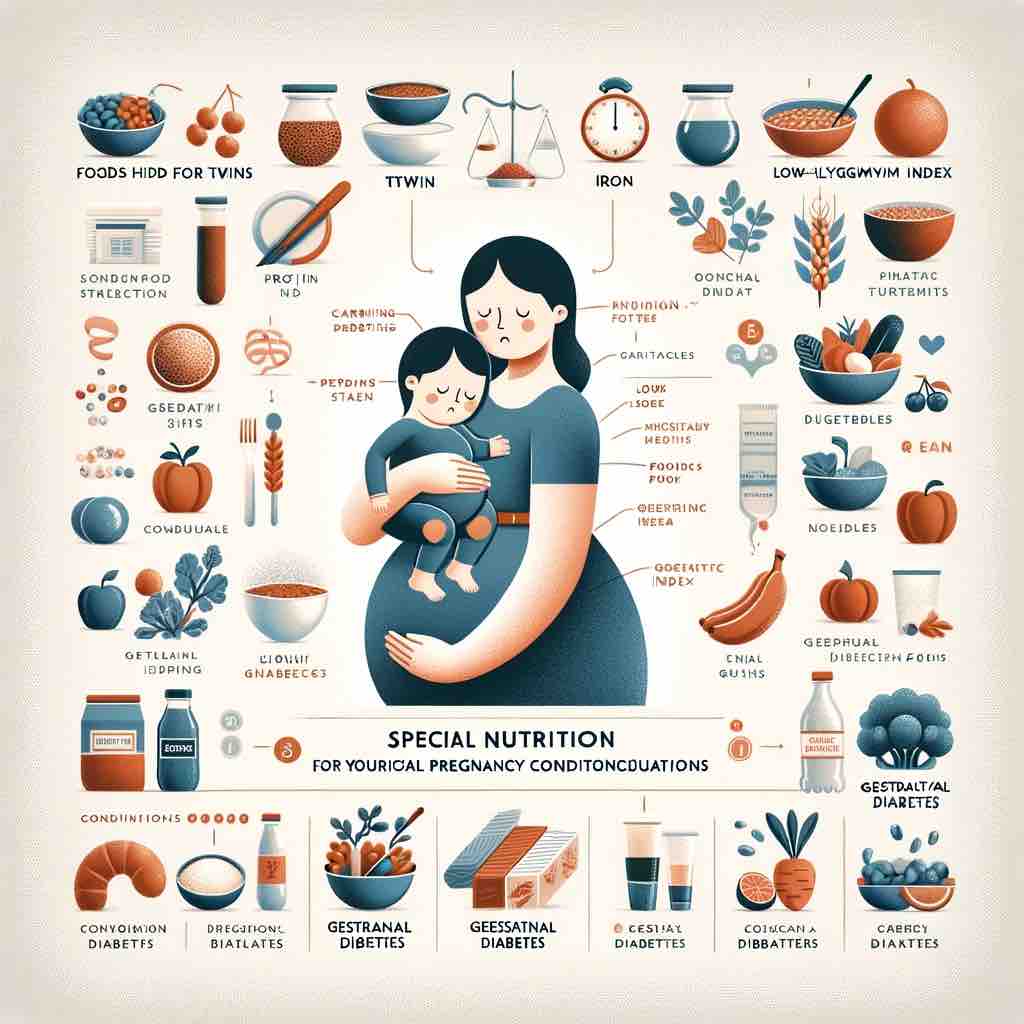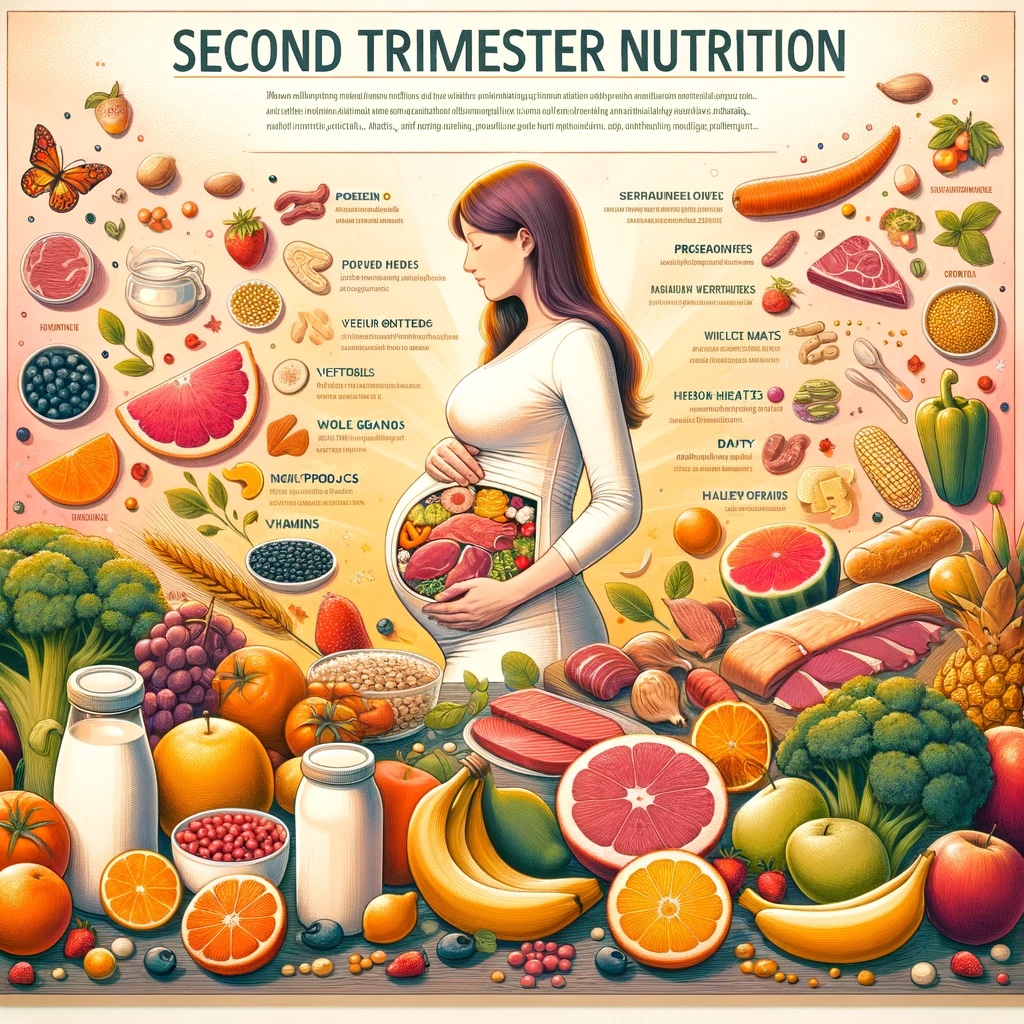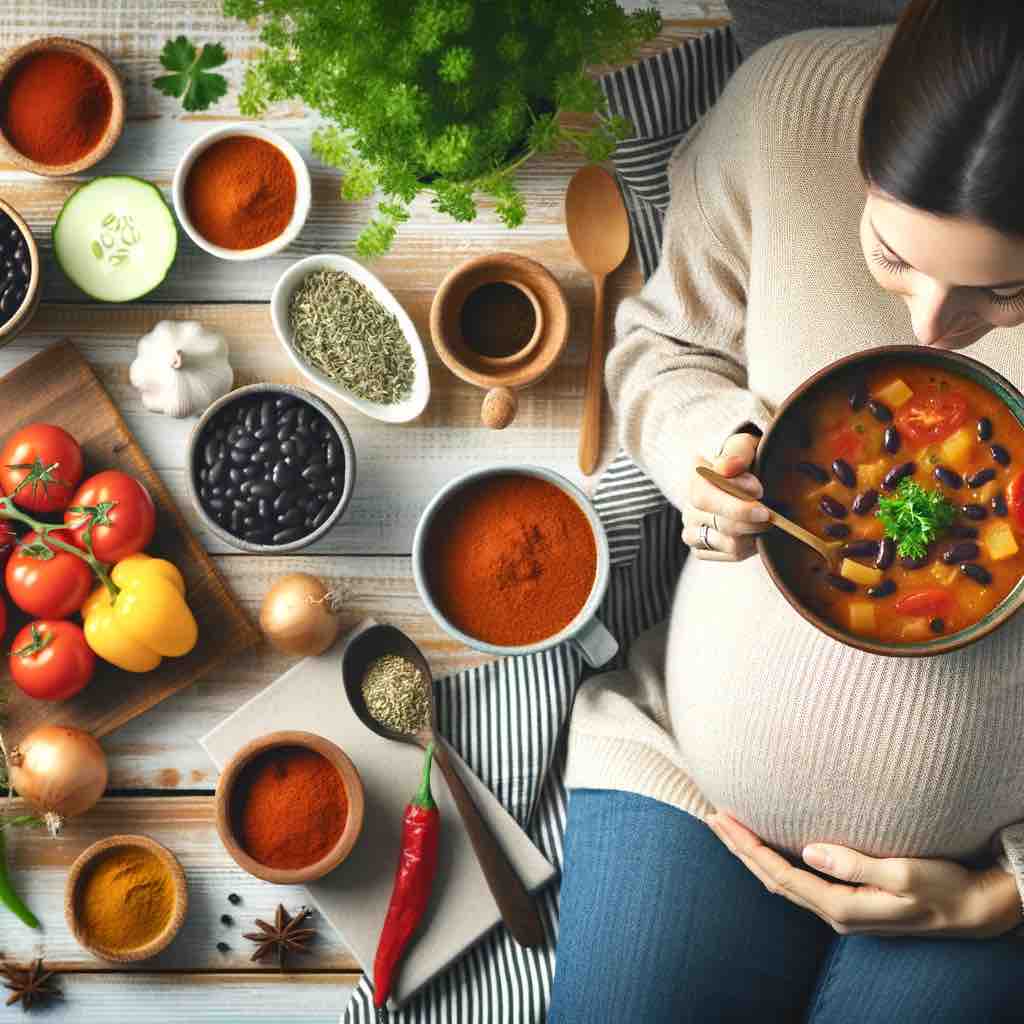
Introduction:
Embark on a culinary adventure where each sip is a blend of delectable flavors and essential nutrients, perfectly tailored for the journey of pregnancy. Welcome to our specially curated collection of smoothie recipes, each crafted with the nutritional needs of expectant mothers in mind. In this post, we’re featuring the dynamic duo of dates and almonds – nature’s own power-packed ingredients that bring a symphony of health benefits to your pregnancy diet.
The Nutritional Significance of Dates and Almonds During Pregnancy:
Before we delve into the whirl of the blender, let’s understand why dates and almonds are celebrated ingredients in the context of prenatal nutrition:
- Dates: These sweet fruits are a treasury of nutrients. They’re loaded with fiber, aiding in digestive health and helping combat the common pregnancy concern of constipation. Rich in natural sugars, dates provide a steady release of energy, essential during pregnancy. They’re also an excellent source of iron, crucial for preventing anemia, and potassium, necessary for maintaining fluid and electrolyte balance. Explore more about the benefits of dates during pregnancy at Masala Monk by Clicking Here.
- Almonds: The crunchy, nutty almonds are a powerhouse of proteins, vital for the growth and repair of both maternal tissues and the developing fetus. They contain healthy fats, including omega-3 fatty acids, which are crucial for fetal brain development. Almonds are also rich in calcium and magnesium, supporting bone health and reducing muscle cramps, common in pregnancy. Dive deeper into the benefits of almonds during pregnancy at Masala Monk by Clicking Here.
The Smoothie Recipes: A Blend of Taste and Nutrition for Expectant Mothers
Delve into these carefully crafted smoothie recipes, each a fusion of flavors and nutrients, designed to cater to the unique needs of your pregnancy journey.
- The Classic Date and Almond Bliss
- Ingredients:
- 5 pitted Medjool dates, for natural sweetness and a boost of energy.
- A handful of soaked almonds, for a smooth texture and a rich source of protein and healthy fats.
- 1 ripe banana, adding creaminess and potassium.
- 1 cup unsweetened almond milk, for a dairy-free, calcium-rich base.
- A sprinkle of cinnamon, for its anti-inflammatory properties and blood sugar regulation.
- Preparation:
- Soak the almonds overnight to make them easier to blend.
- Blend all ingredients until smooth. Add ice for a chilled effect, if desired.
- Nutrition Spotlight: This smoothie offers a balanced blend of fiber, protein, and essential nutrients, making it an ideal breakfast or snack option for expecting mothers.
- Berry Almond Sunrise Smoothie
- Ingredients:
- 4 pitted dates, offering a natural and healthy sweetness.
- ¼ cup raw almonds, for a nutty flavor and a protein punch.
- 1 cup mixed berries (strawberries, blueberries, raspberries), loaded with antioxidants.
- ½ cup Greek yogurt, for a creamy texture and a dose of probiotics.
- 1 cup almond milk, for a smooth and enriching liquid base.
- Preparation:
- Blend all ingredients until smooth, adjusting the consistency with more almond milk if needed.
- Nutrition Spotlight: Rich in antioxidants and protein, this smoothie is perfect for boosting immunity and supporting fetal development.
- Green Almond Elixir
- Ingredients:
- 4 pitted dates, for sweetness without the sugar spike.
- A handful of raw almonds, adding depth and healthy fats.
- 2 cups fresh spinach, a folate powerhouse essential for pregnancy.
- ½ ripe avocado, for creamy texture and healthy monounsaturated fats.
- 1 cup coconut water, for hydration and natural electrolytes.
- Preparation:
- Blend all the ingredients until smooth, creating a lush green, nutrient-rich drink.
- Nutrition Spotlight: This smoothie is a folate-rich option, crucial for preventing birth defects, and is ideal for maintaining steady energy levels.
- Tropical Almond Escape
- Ingredients:
- 3 pitted dates for a sweet, caramel-like flavor.
- ¼ cup almonds, adding a nutty crunch and a protein boost.
- 1 cup pineapple chunks, for digestive enzymes and a tropical twist.
- 1 cup coconut milk, for a rich, creamy base full of healthy fats.
- 1 scoop vanilla protein powder, to meet the increased protein needs of pregnancy.
- Preparation:
- Combine all ingredients in a blender, blending until you achieve a smooth, creamy consistency.
- Nutrition Spotlight: This smoothie is ideal for digestive health and provides a significant amount of protein, necessary for the growth of maternal and fetal tissues.
- Choco-Almond Indulgence
- Ingredients:
- 6 pitted dates, for a deep, natural sweetness.
- 2 tablespoons almond butter, for a rich texture and additional protein.
- 2 tablespoons unsweetened cocoa powder, rich in antioxidants.
- 1 ripe banana, for potassium and a smooth consistency.
- 1 cup of milk (dairy or plant-based), for a calcium-rich liquid base.
- Preparation:
- Blend all ingredients until smooth, adding more milk if a thinner consistency is desired.
- Nutrition Spotlight: This indulgent smoothie satisfies sweet cravings while providing essential nutrients like antioxidants and healthy fats.
Tips for Crafting the Perfect Pregnancy Smoothie:
- Quality Ingredients: Opt for organic and fresh ingredients to maximize the nutritional benefits.
- Customization: Feel free to modify the recipes according to your taste preferences or dietary needs.
- Consistency and Texture: Adjust the thickness of your smoothie by varying the amount of liquid. For a thinner consistency, add more milk or water.
Conclusion: Your Nutritional Smoothie Journey
Each of these smoothies is more than just a tasty treat; they’re a blend of vital nutrients, thoughtfully combined to support you and your baby during this special time. They offer a convenient and delicious way to ensure you’re getting a balance of essential vitamins, minerals, and macronutrients.
Enjoy these smoothies as part of your daily routine, and remember, every sip is a step towards nurturing your body and your growing baby.
10 FAQs for “Energizing Date and Almond Smoothie Recipes for Expectant Mothers,
- Are these smoothies safe for all stages of pregnancy?
- Yes, these smoothies are safe and beneficial for all stages of pregnancy, but always consult with your healthcare provider, especially if you have specific dietary restrictions or health concerns.
- Can these smoothies help with morning sickness?
- Yes, smoothies with ingredients like bananas and ginger can help alleviate morning sickness. The natural sweetness of dates might also be soothing.
- Do I need to use fresh or dried dates for these recipes?
- You can use either, but dried Medjool dates are often recommended for their sweetness and texture.
- Can I substitute almond milk with another type of milk?
- Absolutely! You can use any milk you prefer, such as cow’s milk, soy milk, or oat milk, depending on your dietary preferences.
- Are these smoothies suitable for managing gestational diabetes?
- While dates and almonds are nutritious, they are also high in natural sugars and carbs. If you have gestational diabetes, it’s important to monitor your portions and consult with your healthcare provider.
- How can I make these smoothies more protein-rich?
- Adding a scoop of protein powder, Greek yogurt, or nut butter can increase the protein content of these smoothies.
- Can these smoothies be a meal replacement?
- While these smoothies are nutritious, they should complement a balanced diet rather than replace meals, especially during pregnancy.
- How long can I store these smoothies?
- It’s best to consume these smoothies fresh. However, you can store them in the refrigerator for up to 24 hours.
- Are these smoothies good for fetal development?
- Yes, the nutrients in dates and almonds, such as iron, calcium, and healthy fats, are beneficial for fetal development.
- Can I freeze these smoothies for later use?
- Yes, you can freeze them. Pour the smoothie into an ice cube tray, and when you’re ready to enjoy, let them thaw slightly and then re-blend.
Blog Tags: Pregnancy Nutrition, Healthy Smoothies, Date Recipes, Almond Recipes, Gestational Diabetes, Morning Sickness Relief, Meal Replacement, Protein-Rich Snacks, Fetal Development, Easy Pregnancy Meals.














